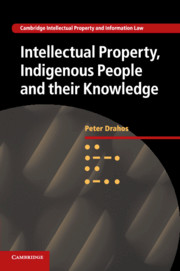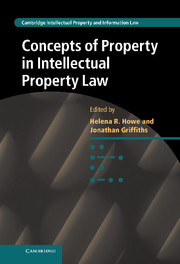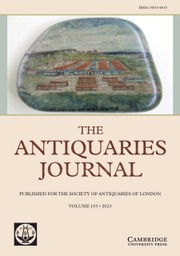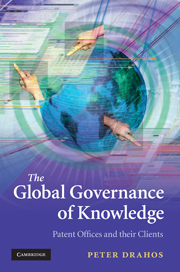Intellectual Property, Indigenous People and their Knowledge
After colonization, indigenous people faced an extractive property rights regime for both their land and knowledge. This book outlines that regime, and how the symbolic function of international intellectual property continues today to assist states to enclose indigenous peoples' knowledge. Drawing on more than 200 interviews, Peter Drahos examines the response of indigenous people to the colonizer's non-developmental property rights. The case studies reveal how they have adapted to the state's extractive order through a process of regulatory bricolage. In order to create a new developmental future for themselves, indigenous developmental networks have been forged - high trust networks that include partnerships with science. Intellectual Property, Indigenous People and their Knowledge argues for a developmental intellectual property order for indigenous people based on a combination of simple rules, principles and a process of regulatory convening.
- Explains how ancestral cosmology provides a basis for indigenous peoples' intellectual property
- Develops a theory of indigenous peoples' innovation and shows how they are innovators and not just holders of traditional knowledge
- Surveys the protection that the current regime offers for indigenous knowledge and describes the problems with the regime in clear and concise language
Product details
May 2014Adobe eBook Reader
9781139950602
0 pages
0kg
This ISBN is for an eBook version which is distributed on our behalf by a third party.
Table of Contents
- 1. The non-developmental state
- 2. Cosmology's country
- 3. Loss
- 4. Symbolic recognition
- 5. Rules and the recognition of ancestors
- 6. The Kimberley: big projects, little projects
- 7. Secret plants
- 8. Paying peanuts for biodiversity
- 9. Gentle on country, gentle on people
- 10. Protecting country's cosmology
- 11. Trust in networks.








